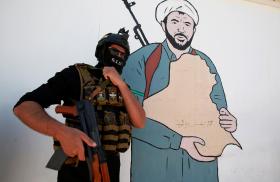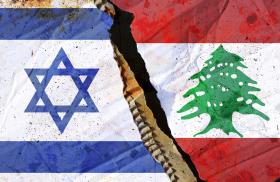

In a September 10 television appearance, Hamas leader Mousa Abu Marzouk suggested that Hamas might engage in direct talks with the Israelis. The surprising comment, made following Hamas's costly summer military engagement in Gaza, reflected the group's desperate need for a period of calm, with its weapons stockpiles depleted and international ties badly frayed.
Even as the official Hamas movement has distanced itself from Marzouk's remarks, the group is increasingly aware that it cannot wage its "resistance" campaign against Israel from Gaza alone. Thus, the group's decision to relinquish political authority to Fatah indicates a desire both to rebuild its military capabilities and to reestablish a strong presence in the West Bank.
In this Institute Policy Note, Ehud Yaari probes beneath Hamas's rhetoric for its root motives and plans, including calls by some to reunite with erstwhile partners in Syria, Hezbollah, and Iran. The piece further lays out steps the United States, Israel, and other states can take to keep degrading the movement's military potential and political clout.
THE AUTHOR
Ehud Yaari is an Israel-based Lafer international fellow of The Washington Institute and author of Toward Israeli-Palestinian Disengagement, Peace by Piece: A Decade of Egyptian Policy, and Sinai: The New Front? A Middle East commentator for Israel’s Channel Two television and former associate editor of Jerusalem Report, Mr. Yaari has been a Middle East commentator for Israeli television since 1975. Among his numerous awards for journalism are the Israeli Press Editors-in-Chief prize for coverage of the peace process with Egypt, the Sokolov Prize for coverage of the Lebanon War, and the Israel Broadcasting Award for coverage of the Gulf War.



